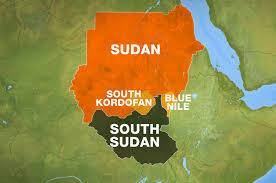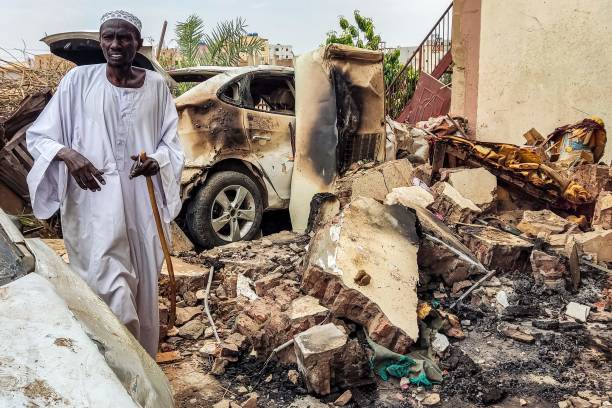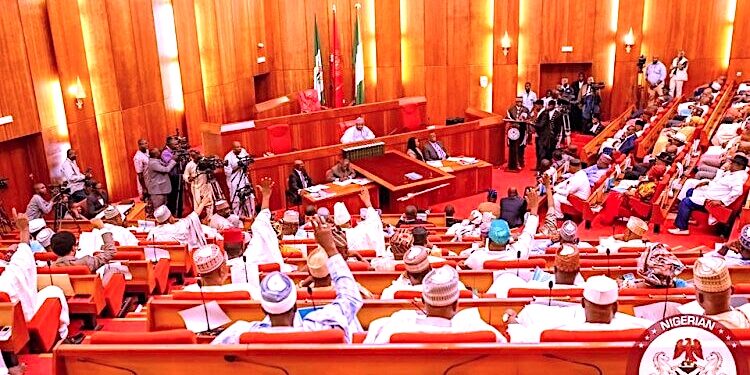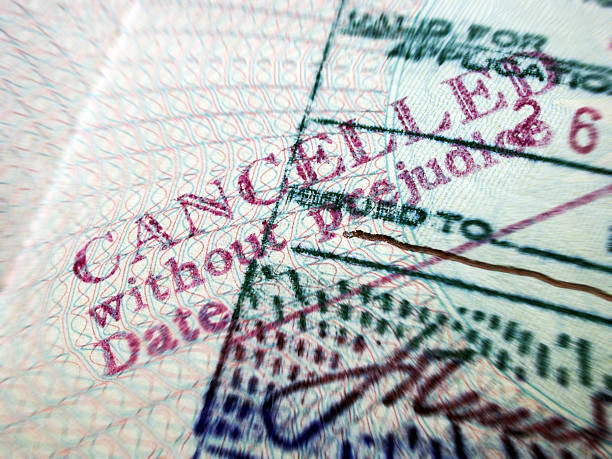As bombs fall and militias advance, a strategic region becomes the new front line in Sudan’s bloody conflict
In the heart of Sudan, the oil-rich region of Kordofan is fast becoming the centre of a deadly tug-of-war between two bitter rivals: the Sudanese Army and the Rapid Support Forces (RSF). What started as a political power struggle has now turned into a full-blown humanitarian disaster — and Kordofan, with its oil fields and strategic location, is the newest prize in this grim contest.
For the people of Kordofan, however, there are no victors — only more suffering.
Since war erupted in April 2023, more than 150,000 people have died. An estimated 12 million have been forced from their homes — the largest displacement crisis in Africa today. And as the fighting intensifies in Kordofan, the number of displaced could rise dramatically.
Why Kordofan?
To understand why Kordofan matters, just follow the pipelines. This vast, dry region is home to some of Sudan’s few functioning oil reserves. Whoever controls Kordofan not only gains wealth, but also leverage — both militarily and politically.
The RSF, a powerful paramilitary group with roots in Darfur’s Janjaweed militias, has been expanding steadily. Now, they’ve reportedly set their sights on el-Obeid, the capital of North Kordofan. The city is a vital supply and communication hub. If it falls, it could tip the balance of the war.
Meanwhile, the Sudanese Army is not backing down. It has launched airstrikes in West Kordofan, claiming to target RSF positions. But, as is sadly often the case in this conflict, civilians are paying the highest price. Villages have been bombed, homes destroyed, and families torn apart.
“They said they were fighting rebels, but they bombed our neighbourhood,” said Fatima, a mother of four who fled from Babanusa to seek shelter in a school compound. “We have no food, no water. Just fear.”
Blood on All Sides
While the army rains bombs from the sky, the RSF has been accused of committing massacres in northern Kordofan, targeting ethnic groups seen as loyal to the army. The United Nations and human rights groups have warned of war crimes, but calls for accountability have so far gone unheard.
Analysts believe the RSF’s push into Kordofan is more than just about oil — it’s about legitimacy. If they seize key cities, they could strengthen their claim to power in any future negotiations. But their brutal methods have raised alarm across the region.
“Both sides have shown little regard for civilian life,” said one Sudanese political analyst. “But the RSF’s actions in Kordofan could further isolate them internationally — unless the world continues to look away.”
Life in the Crossfire
For civilians caught in the middle, survival is now the daily struggle.
Many are living in makeshift camps, under trees, or in abandoned buildings. Hospitals have either shut down or run out of supplies. Aid groups are finding it nearly impossible to access remote parts of Kordofan due to the ongoing fighting and roadblocks.
And yet, as Nigerians might say with dry wit, “person wey dey run from lion no go stop to fight mosquito.” In other words, the people of Kordofan are too busy dodging bombs and bullets to worry about the heat, hunger, or disease.
A War With No End in Sight
Despite peace talks and international pressure, neither side appears ready to back down. In fact, the battle for Kordofan could mark a new — and even more dangerous — phase of the war.
Experts warn that if el-Obeid falls, the humanitarian situation could worsen dramatically. It may also embolden the RSF to push further east, perhaps even toward Khartoum again.
The world, meanwhile, is watching — but not closely enough. As headlines shift to other crises, Sudan’s war risks becoming a forgotten tragedy.
Yet for the millions still trapped in Kordofan and beyond, there is no forgetting. Only the constant sound of drones, the dust of ruined homes, and the hope — however faint — that one day, peace will come.
If you liked this story, share it. If you can, speak up. Sudan’s people need more than our pity — they need our attention.





